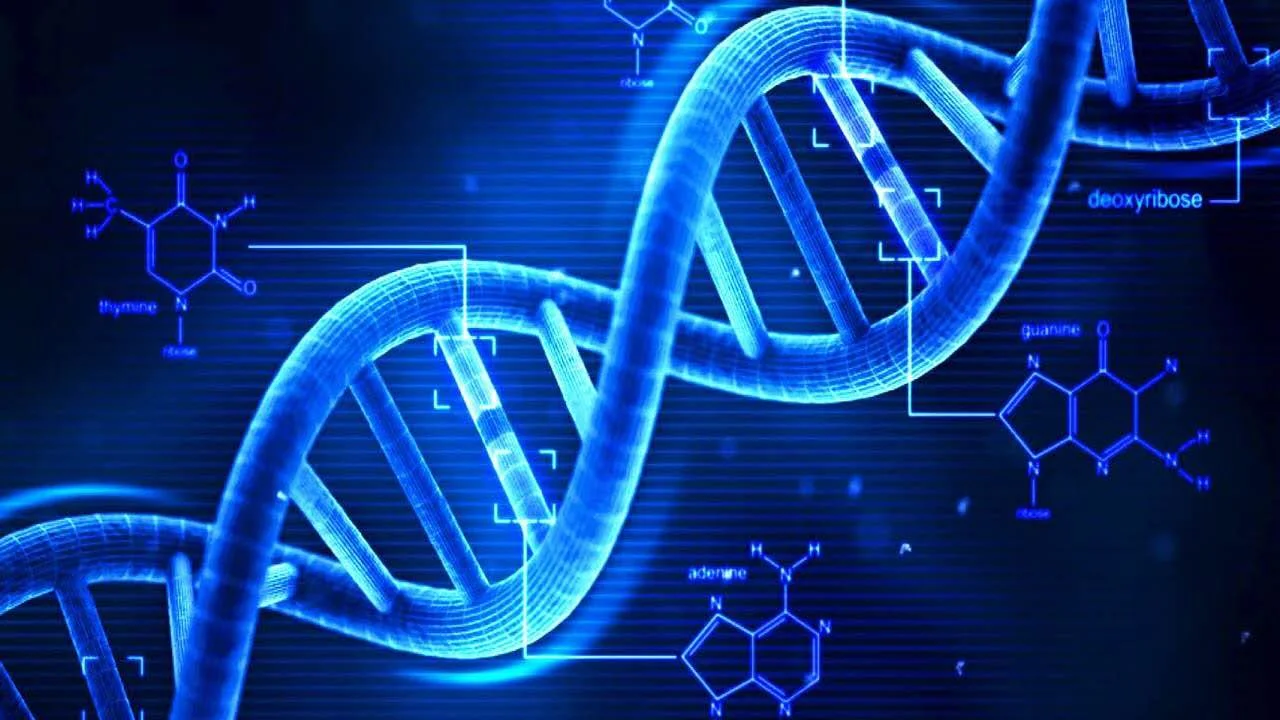What in the world is with all this MTHFR talk?!
Have you ever heard someone say, “If only I knew then what I know now”? I often wish I had understood the importance of paying attention in biology and science classes more when I had the chance. Heck, I wish I would have applied myself more in school overall. However, I am such a hands-on sort of person; I didn't have enough of a real-world application at the time of my high school and college days to make the effort to pay attention. In Biology, I was learning about something so applicable to my own life, but it all seemed like such abstract concepts at the time. If only I had known then that there would come a day when I would yearn for knowledge about cells and DNA and how it all worked. Little did I know back then, as I sat behind my classroom desk, that I had genetic mutations that would eventually bring a myriad of health struggles into my life.
The MTHFR gene is something every person has in his or her biological make up. The long version of MTHFR is (brace yourself) Methylenetetrahydrofolate Reductase. This gene is responsible for the creation of a very important enzyme in your body. The MTHFR enzyme is involved in a really important chemical reaction in your body that affects a number of things, including the conversion of vitamin folate into useable energy and homocysteine (an amino acid) to the amino acid methionine. In a nutshell, it has a hand in helping you gain useable energy from what you're putting in your body (nutrition) as well as breaking down toxins that you are exposed to on a daily basis. When these things are not happening (thanks to a mutation of the MTHFR gene which then prevents the MTHFR enzyme from being produced) all sorts of other secondary health issues can start to arise.
MTHFR and other genetic mutations are on the rise. Often, they can be linked to many of the health issues we see today becoming more and more prevalent. When I first started digging into what the MTHFR mutation was all about five years ago, it was practically unheard of. I was struggling with a variety of health issues and by a true act of God, I stumbled onto some conversations in a gut-health forum that sounded so familiar to what I was going through and every time, this MTHFR was attached to it. I quickly sought out a doctor who would test me for this mutation, and sure enough, I was blessed by both my Mother and my Father with a mutation to my MTHFR gene. I started learning all I could about homozygous C677T (meaning, I had two copies of the C677T mutation to my gene).
MTHFR is just one of many genes that are showing up as being mutated in a large percentage of our population. What causes a mutated gene? Often times, especially in the case of MTHFR, it’s the environment. More specifically, it is over-exposure to chemicals and synthetic ingredients that we are putting in and on our bodies. Our bodies are not biologically equipped to deal with the long list of toxic ingredients we are constantly exposed to through food and personal care and home cleaning products. These toxins are everywhere, and they are affecting our health in a big way whether we realize it or not.
I challenge you to do a little research of your own. Look up some of the ingredients in the box of cereal or fortified fruit snack you are feeding your children every day, and begin to take a look at how they could be affecting their health and well-being. Take some time to really learn how your body works and start to connect the dots between ingredients and wellness.
- Jen

